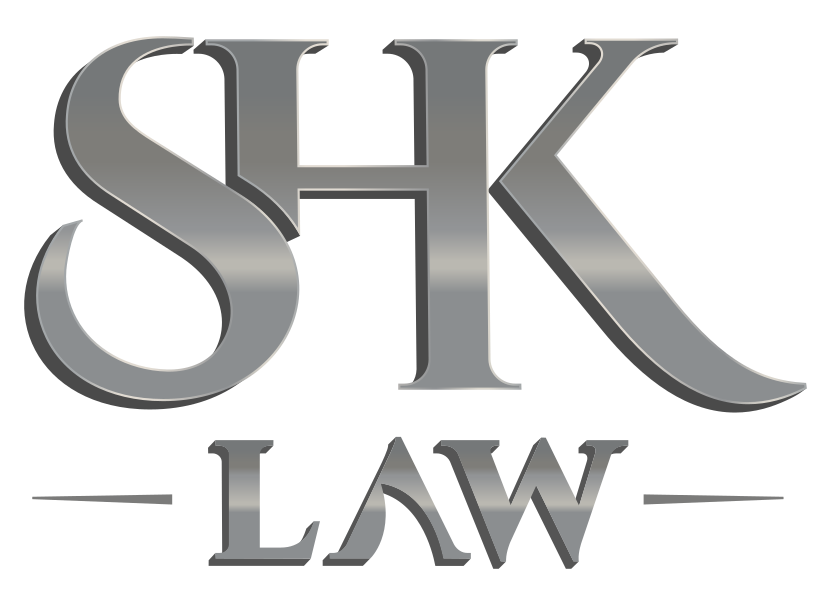California has taken a significant step toward improving access to justice with the introduction of Senate Bill 71 (SB 71). This groundbreaking legislation increases jurisdictional limits for small claims courts and other specific court cases, offering individuals and businesses a more affordable and accessible path to resolve disputes.
At SHK Law, we recognize how these changes can directly impact the legal process and your ability to seek justice. Here’s what you need to know about the updated jurisdictional limits and how they can work to your advantage.
What Is SB 71?
SB 71 is a law designed to streamline California’s legal system by raising the monetary limits for cases heard in small claims and other courts with limited jurisdiction. Previously, small claims courts were limited in the types and sizes of cases they could hear. With the passing of SB 71, these limits have been expanded, enabling more cases to bypass the lengthy and expensive procedures of higher courts.
Key Changes Under SB 71
- Increased Monetary Limits
The jurisdictional limit for small claims court cases has been raised, allowing disputes involving larger amounts to be heard in these venues. For example, the limit for individual plaintiffs has increased from $10,000 to $15,000. - Broader Accessibility
Cases that previously required filing in superior court can now be handled in small claims court. This means less complexity, fewer filing fees, and a faster resolution process. - Focus on Efficiency
By shifting smaller cases away from overcrowded higher courts, SB 71 aims to reduce backlogs and ensure that serious and complex cases receive the attention they deserve.
These changes reflect California’s commitment to modernizing the legal system and making justice more attainable for all.
How SB 71 Improves Access to Justice
The expansion of jurisdictional limits is more than just a procedural update—it’s a practical solution to many of the challenges individuals face when pursuing legal action. Here’s how SB 71 helps:
- Reduced Costs: Small claims court has lower filing fees and fewer procedural requirements than higher courts, making legal recourse more affordable.
- Faster Resolutions: With streamlined processes and fewer cases clogging higher courts, disputes can be resolved more quickly.
- Empowered Plaintiffs: By raising the limits, SB 71 allows plaintiffs to seek justice for disputes previously deemed too small for higher courts but too large for small claims courts.
Implications for California Residents and Businesses
These changes don’t just benefit individuals—they’re a win for businesses as well. Small businesses often face disputes over unpaid invoices, damages, or contract breaches that fall within these updated limits. SB 71 simplifies the path for business owners to reclaim losses, avoiding the challenges associated with superior court proceedings.
How SHK Law Can Help
Navigating California’s evolving legal landscape requires experienced guidance. At SHK Law, we help individuals and businesses understand their rights and maximize the opportunities provided by changes like SB 71. Our team ensures you’re well-prepared to take advantage of the streamlined processes and expanded limits.
Whether your case involves a contract dispute, a personal injury claim, or another legal matter, SHK Law has experience across a variety of case types impacted by the expanded jurisdictional limits. From slip-and-fall accidents to contract disputes, our attorneys know how to leverage the new jurisdictional limits to secure faster and more affordable outcomes for our clients.
The Bottom Line
SB 71 marks a major advancement in California’s legal system by increasing jurisdictional limits and making justice more accessible. These changes benefit individuals and businesses by reducing costs, speeding up resolutions, and alleviating the burden on higher courts.
If you’re considering filing a case and want to know how SB 71 impacts your options, contact SHK Law today. Our experienced attorneys are ready to help you win in this new legal landscape.
The information provided on this website does not, and is not intended to, constitute legal advice. Instead, all information, content, and materials available on this site are for general informational purposes only. Information on this website may not constitute the most up-to-date legal or other information. It may also be inaccurate, incomplete, or inapplicable to the person reading it. This website also contains links to other third-party websites; such links are only for the convenience of the reader, user or browser. The content on this webpage/website is provided “as is;” no representations are made that the content is error-free.
Readers of this website/webpage should contact their own attorney to obtain advice with respect to any legal matter. No reader, user, or browser of this site should act or refrain from acting on the basis of information on this site. Instead, they should seek legal advice from counsel in their relevant jurisdiction. Only your individual attorney can provide assurances that the information contained herein – and your interpretation of it – is applicable or appropriate to your particular situation. Use of, and access to, this website or any of the links or resources contained within the site do not create an attorney-client relationship between the reader, user, or browser and the law firm SHK Law, the lawyers at SHK Law, or the authors or contributors of this website.


